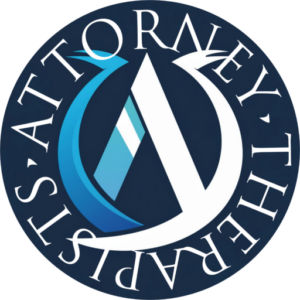Addiction is a complex issue that affects individuals across all professions, including attorneys. The high-pressure environment of legal practice, coupled with the profession’s stigma surrounding vulnerability, can make seeking help for addiction particularly challenging. Recognizing the need for support is the first step toward recovery.
Attorneys have access to a range of resources specifically designed to address addiction within the legal profession. Many state bar associations offer confidential assistance programs that provide counseling, support groups, and referrals to treatment facilities. Organizations such as Lawyers Concerned for Lawyers (LCL) specialize in addressing the unique challenges faced by legal professionals.
Steps to Access Help
Taking actionable steps to access help is critical for effective recovery. Attorneys should begin by reaching out to trusted colleagues, mentors, or professional counselors. Confidential helplines provided by bar associations can connect attorneys to immediate support and guidance. Additionally, exploring inpatient or outpatient treatment programs tailored to the legal profession ensures that recovery efforts align with professional demands.
The Role of Peer Support
Peer support is a vital component of recovery. Programs such as Alcoholics Anonymous (AA) and Narcotics Anonymous (NA) offer structured frameworks for individuals seeking community and accountability. Specialized peer groups for attorneys provide a safe space to share experiences, foster connections, and navigate the recovery process collaboratively.
Addressing Stigma
Overcoming the stigma associated with addiction is an integral part of seeking help. Attorneys should recognize that seeking support demonstrates strength, not weakness. By normalizing discussions about addiction and recovery, the legal community can create an environment that encourages individuals to prioritize their well-being without fear of professional repercussions.
Maintaining Long-Term Recovery
Recovery is an ongoing journey that requires continuous effort and support. Attorneys can benefit from developing a long-term wellness plan that incorporates therapy, mindfulness practices, and healthy lifestyle habits. Regular engagement with support networks and professional counseling can help sustain progress and foster resilience.
For additional resources and support tailored to attorneys, visit AttorneyTherapists.com.








